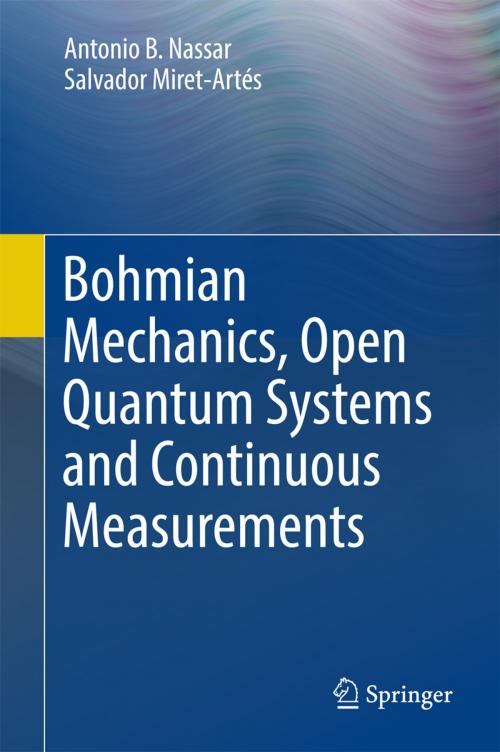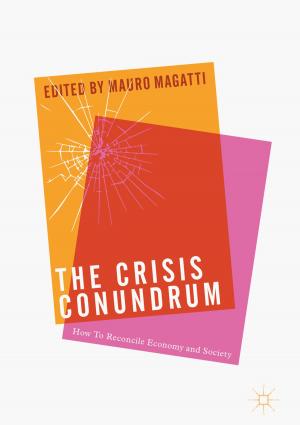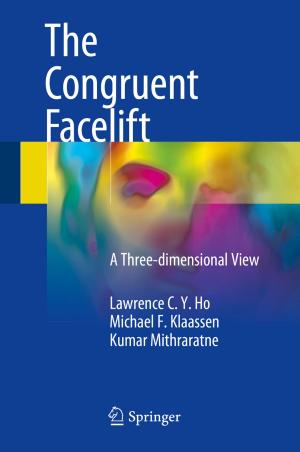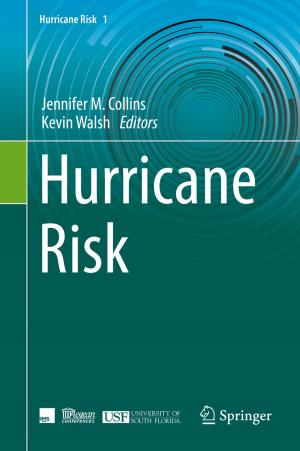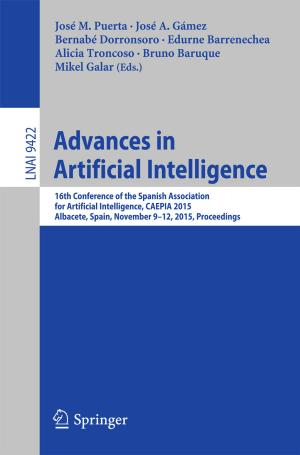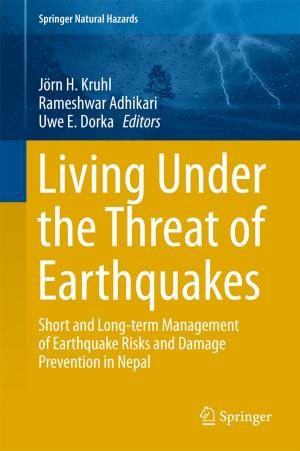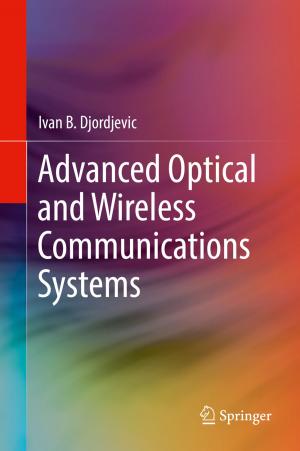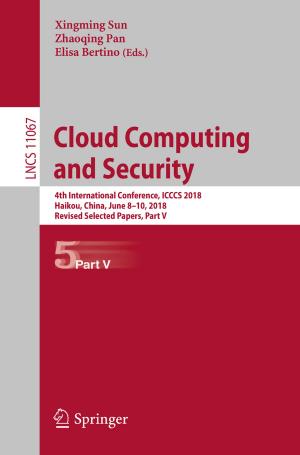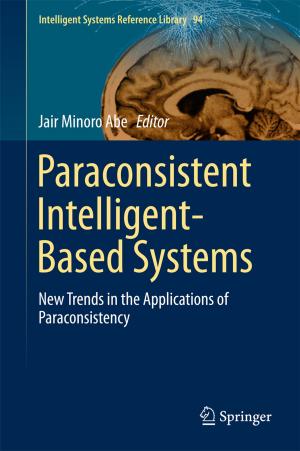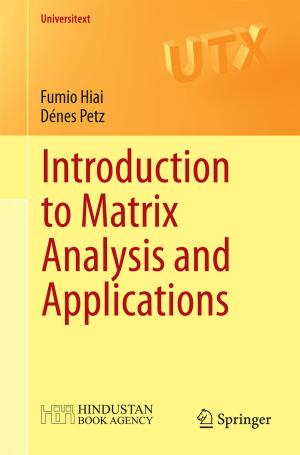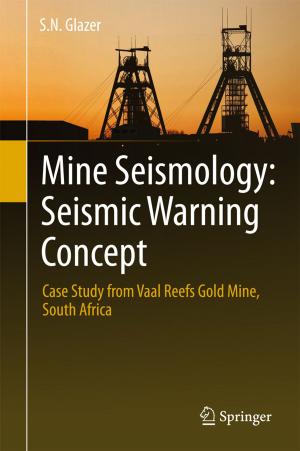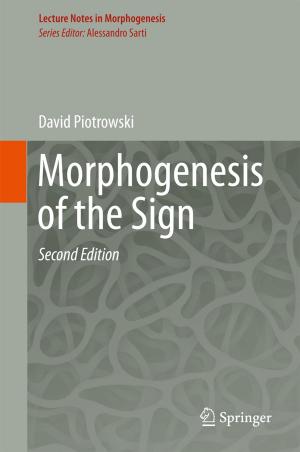Bohmian Mechanics, Open Quantum Systems and Continuous Measurements
Nonfiction, Science & Nature, Science, Physics, Quantum Theory, General Physics| Author: | Antonio B. Nassar, Salvador Miret-Artés | ISBN: | 9783319536538 |
| Publisher: | Springer International Publishing | Publication: | March 14, 2017 |
| Imprint: | Springer | Language: | English |
| Author: | Antonio B. Nassar, Salvador Miret-Artés |
| ISBN: | 9783319536538 |
| Publisher: | Springer International Publishing |
| Publication: | March 14, 2017 |
| Imprint: | Springer |
| Language: | English |
This book shows how Bohmian mechanics overcomes the need for a measurement postulate involving wave function collapse. The measuring process plays a very important role in quantum mechanics. It has been widely analyzed within the Copenhagen approach through the Born and von Neumann postulates, with later extension due to Lüders. In contrast, much less effort has been invested in the measurement theory within the Bohmian mechanics framework. The continuous measurement (sharp and fuzzy, or strong and weak) problem is considered here in this framework. The authors begin by generalizing the so-called Mensky approach, which is based on restricted path integral through quantum corridors. The measuring system is then considered to be an open quantum system following a stochastic Schrödinger equation. Quantum stochastic trajectories (in the Bohmian sense) and their role in basic quantum processes are discussed in detail. The decoherence process is thereby described in terms of classical trajectories issuing from the violation of the noncrossing rule of quantum trajectories.
This book shows how Bohmian mechanics overcomes the need for a measurement postulate involving wave function collapse. The measuring process plays a very important role in quantum mechanics. It has been widely analyzed within the Copenhagen approach through the Born and von Neumann postulates, with later extension due to Lüders. In contrast, much less effort has been invested in the measurement theory within the Bohmian mechanics framework. The continuous measurement (sharp and fuzzy, or strong and weak) problem is considered here in this framework. The authors begin by generalizing the so-called Mensky approach, which is based on restricted path integral through quantum corridors. The measuring system is then considered to be an open quantum system following a stochastic Schrödinger equation. Quantum stochastic trajectories (in the Bohmian sense) and their role in basic quantum processes are discussed in detail. The decoherence process is thereby described in terms of classical trajectories issuing from the violation of the noncrossing rule of quantum trajectories.
